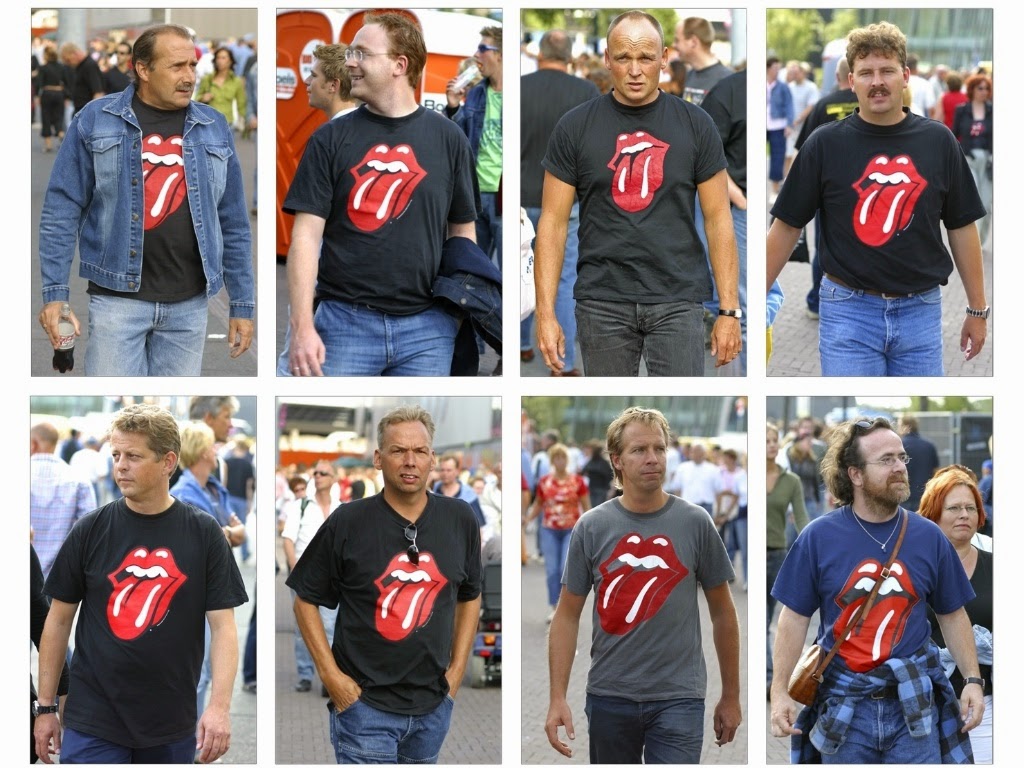The above quote is lifted from a brilliant talk by Brian Jones (no, not that one…), subsequently reprinted in Jacobin magazine. Demolishing the ‘common-sense’ view of race, he dates its invention as a category to the 17th century: “If human history were a two hundred page book, ‘race’ begins on the last line of the last sentence of the last page.” It’s a really useful perspective for wading through the fallout over Rachel Dolezal and Andrea Smith. And it’s probably a good tool for thinking through the various debates around identitarian politics. But I think its relevance is even wider. When Jones talks about Wednesday – something that is horribly real and at the same time utterly fictive – he could just as easily be talking about the way that money works.
In A Grammar of the Multitude, Paolo Virno explains why money is a ‘real abstraction’: “Money, in fact, embodies, makes real, one of the cardinal principles of human thought: the idea of equivalency. This idea, which is in itself utterly abstract, acquires a concrete existence, even jingles inside a wallet. A thought becoming a thing: here is what a real abstraction is.”
Two things strike me about this “thought becoming a thing”. The first is that it is not necessarily limited to the moment of commodity exchange (even if that has a special significance). As sentient, self-aware beings, we always operate with a narrative which explains our place in the world and, more importantly, allows us to imagine the lives of others. Without that abstraction, we’d be trapped in a solipsistic and brutish nightmare and there could be no ‘society’.
Most of the time these enabling narratives happen behind our back – we’re not really aware of the presuppositions we cart around with us. And they are rooted in material circumstances: the conceptions of the world available to a peasant in feudal times are very different to those we might imagine today. But the most important point about these narratives is that they have a material significance. They become thing-like. They are horribly real, just as Wednesday is horribly real (half-day closing and all that).
And this is the second point: these thoughts become things by means of repetition. The narrative becomes real by virtue of the fact that we do things over and over until it feels like they are hard-wired into our bodies. Wednesday becomes Wednesday only because I get up and go to work. Thinking of money as an equivalent is not enough: we have to act as if it is in order for it to become so.
When we struggle for a different world, we usually picture ourselves struggling against the forces of reaction: the capitalist class, religious leaders, the police and so on. But because capital is nothing but a social relation, we’re also fighting ourselves. Or rather we’re fighting against what we did yesterday, and what our parents did, and their parents before them – “the tradition of all dead generations” as The 18th Brumaire puts it. We are grappling with ghosts.
Right at the start of his talk, Jones provides this neat summary:
The whole idea of this talk — if you take away nothing else — is this: the whole thing is made up. That’s it. And you can make it up different ways; and people have and do. And it changes…
And that really is it. The whole thing is made up. So how do we change the story, make it up in a different way, so that the world gets made again?


1 Comment